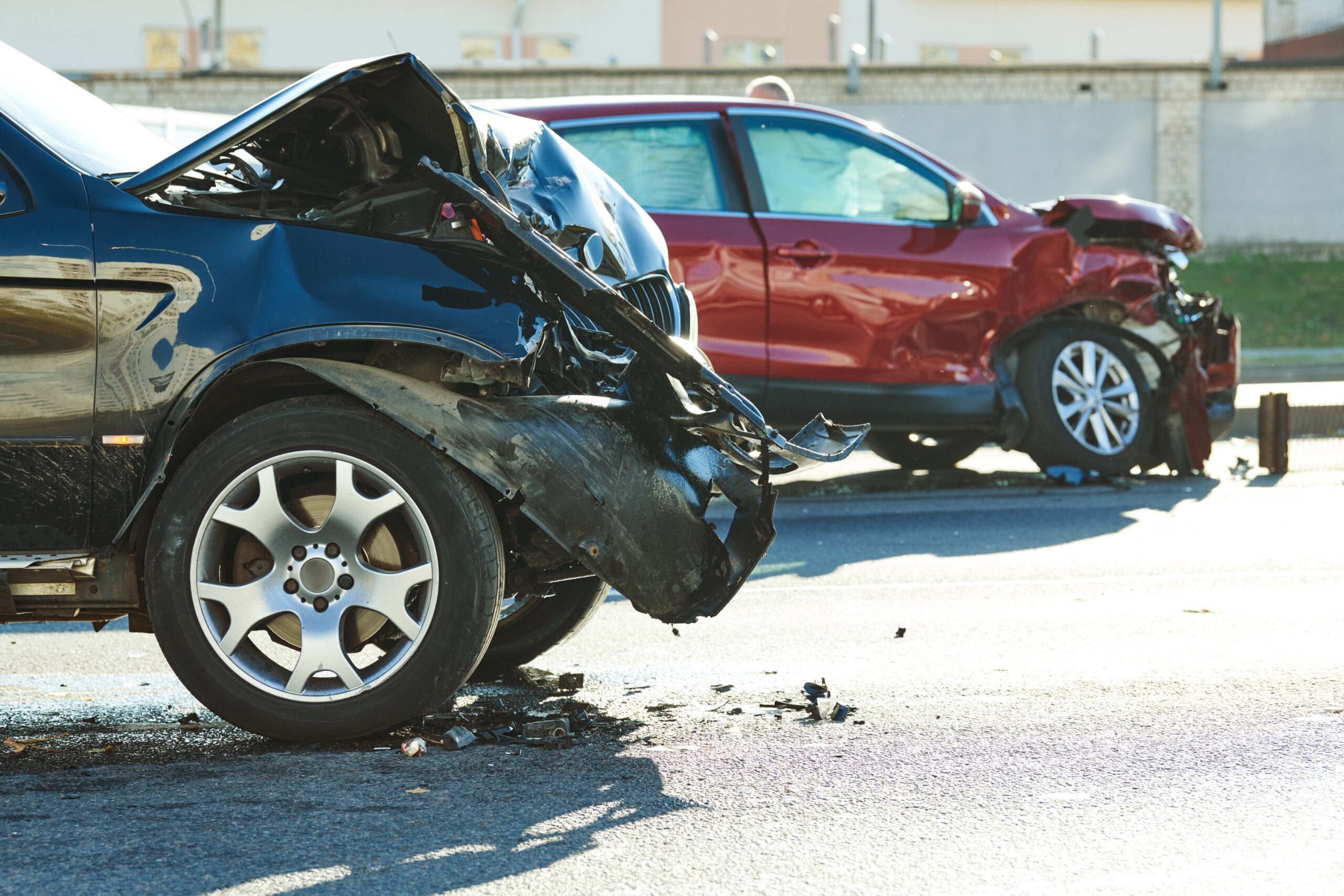A jury may determine fault in a car accident by listening to each party’s argument and the evidence they present. In personal injury cases, “fault” falls on the party whose negligent actions or inactions caused an injury event, such as a car accident, that resulted in damages for the victim. The plaintiff has the burden to prove that the defendant was negligent, often by presenting:
- The official crash report, which may include who the officer found at fault for a car accident
- Statement by the plaintiff’s auto insurance company if the insurer determined the defendant was at fault and thus liable for damages
- Statements by witnesses who saw the accident occur can indicate who may be at fault
- Video footage that captured the accident
If your state is a fault state, then you could file an insurance claim or lawsuit to pursue compensation for your injuries. Our law firm helps car accident victims build their cases. We have car accident lawyers who will work hard to fight for the compensation you need.
Texas is an “at fault” state meaning if you or a family member has suffered a personal injury or wrongful death as a result of a car accident you must prove the defendant is negligent. Our car accident attorneys specialize in holding insurance companies and negligent drivers responsible for all damages suffered as a result of a car accident.
Your Case Must Establish that the Other Party’s Negligence Makes Them at Fault
If you decide to work with a car accident attorney from our law firm, we can build your case argument against the other driver. The objective of your case will be establishing four elements of negligence, which focus on proving how the other driver’s negligence caused the accident that injured you. These elements include:
- Duty of care: In auto accident cases, this element often involves establishing that the other driver had a duty to abide by traffic laws and be mindful of other vehicles on the road, such as yours.
- Breach of duty: This element makes the claim that the other driver’s actions or inactions breached their duty. For example, if the driver consumed alcohol before the time of the accident, then their decision to drive while under the influence is a breach of duty of care.
- Causation: This element relates the other driver’s breach to the cause of the accident. Following our example, once the driver operated the vehicle while drunk, they lost their ability to drive safely due to poor coordination, lowered judgment, and reduced vision. Their altered state made them unaware of dangers on the road, allowing them to collide with your vehicle by accident.
- Damages: This element establishes the injuries and damages that you suffered as a result of being in a car accident.
Our team will collect evidence to support each point we make to build your case argument. Keep in mind that these elements serve as a framework for your case, so there may be other points to establish based on your case’s specific details.
Certain Parties May Try to Determine Fault in a Car Accident
While your case is open, any party who provides a statement about the collision may influence how the court determines fault for the car accident case. This is often why many law firms advise their clients to allow their attorneys to make statements to insurance companies and other inquiring parties.
Consider the following:
The Involved Drivers Might Try to Throw Blame at Each Other
Whether at the accident scene or during a legal dispute over which party is liable for damages, the involved drivers may try to blame the other for the car accident.
In fault states like Texas, this is can serve as a legal tactic for the defendant in case there is an opportunity for comparative negligence. Per Texas Civil Practice and Remedies Code § 33.001, the plaintiff may not receive compensation if they are more than 50 percent at fault for the accident. However, they can still receive partial compensation if their percentage of fault is less than 50 percent.
The Law Enforcement Officer May Assign Fault in Their Accident Report
The law enforcement officer who reports to the accident scene must file a crash report about the event. This report often includes key information like the date of the accident, which parties played a role, and which party they identified as the at-fault driver, which is why this report is crucial for car accident cases. The reporting officer can also serve as a key witness.
Insurance Companies May Conduct Their Own Investigations to Determine Fault
You may file a claim with your own insurer if you have auto insurance. However, insurance companies will conduct their own investigations to determine whether they are liable for providing coverage. If your insurer finds evidence that the other driver was at fault for the accident, it may seek coverage from the defendant’s auto insurance company to pay for your damages.
Alternatively, if you file a claim with the defendant’s insurance company, the insurer might try to deny your claim and assign fault back to you. Having a personal injury lawyer can be useful in standing your ground against these institutions since your lawyer can lead their own investigation into your case.
Can You Pursue Compensation for Damages from the At-Fault Driver?
If you suffered injuries in a car accident because of another driver’s negligence, you may have grounds to pursue compensation. You can work with a car accident attorney to collect evidence for your case and draft a demand letter that lists the damages you suffered because of the accident, including your physical or mental injuries. These damages may include:
- Medical treatment expenses
- Pain and suffering
- Property damage
- Permanent disability
- Lost income
- Diminished quality of life
- Loss of consortium
- Reduced earning potential
- Emotional distress
You may name other damages not listed in this article. Still, certain states give a short window of opportunity to pursue compensation. Texas allows victims to file their personal injury lawsuits up to two years after the accident, per Texas Civil Practice and Remedies Code § 16.003. Don’t risk missing your case deadline or you could lose your chance to claim financial compensation.
Call Domingo Garcia Today for a Free Case Review
If you or a loved one sustained injuries in a car accident, you may have grounds to file a personal injury claim or lawsuit. We can help you prove that the other driver is at fault.
We offer to review your case for free in a consultation, where we can discuss your legal options for demanding financial compensation. Call now for your free consultation.

